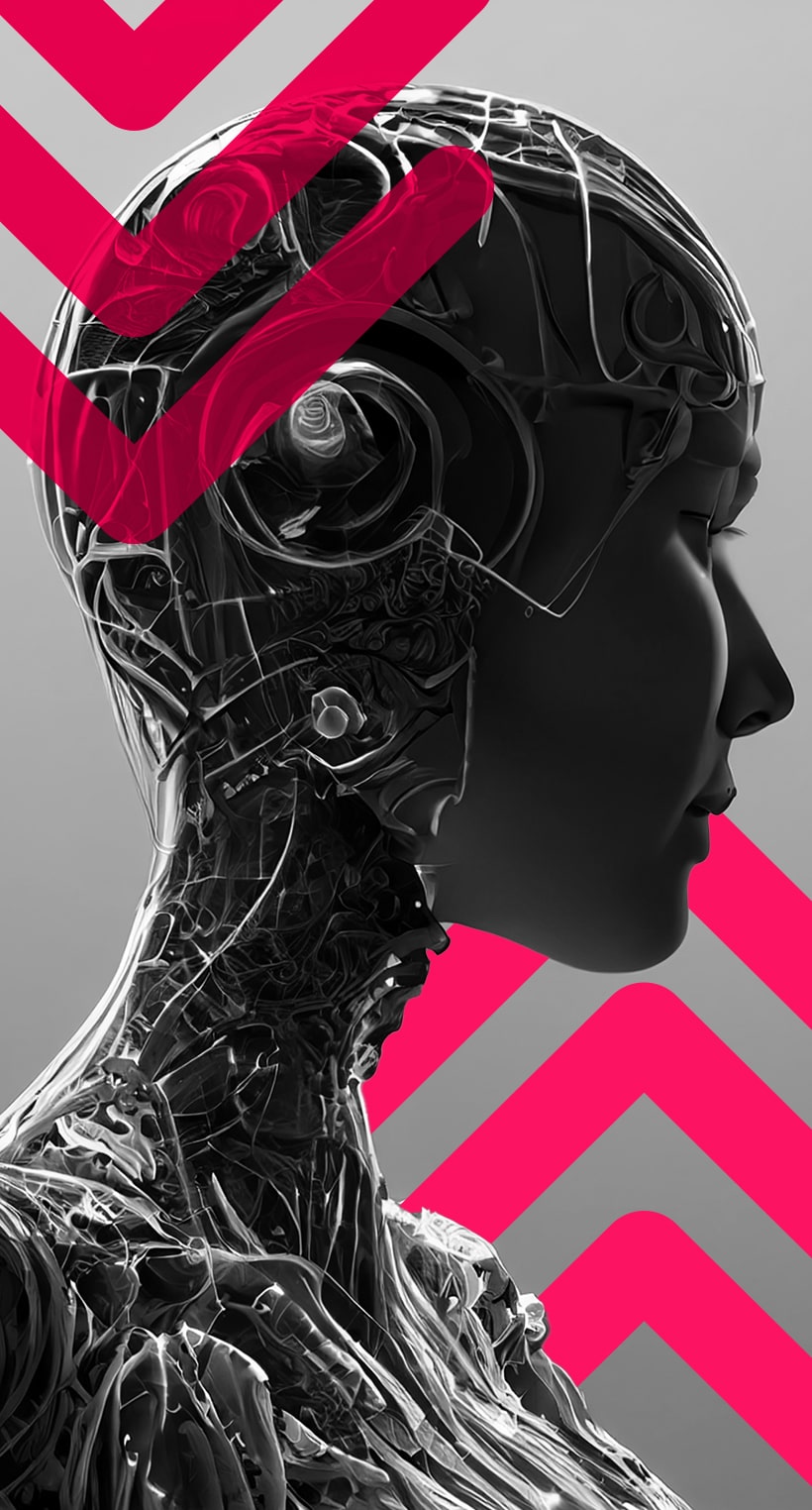In recent years, the games industry has witnessed a remarkable transformation with the advent of Artificial Intelligence (AI). In this article, we explore how AI is reshaping the gaming landscape and discuss its impact on game design, player experience, and the future of the industry.
The Role of AI in Video Games
AI has long been employed in video games to create non-player characters (NPCs) that exhibit intelligent behaviour and respond dynamically to players’ actions. From the early days of gaming, AI has evolved to provide more realistic and immersive experiences. Today, AI algorithms can simulate human-like decision-making, enabling NPCs to adapt to changing game conditions and provide challenging gameplay.
Moreover, AI is not limited to controlling NPCs. It also plays a crucial role in game mechanics, such as physics simulations and environmental interactions. These advancements in AI technology have greatly enhanced the overall gameplay experience, making games more engaging and lifelike.
Procedural Content Generation and Its Impact on Game Design
One of the key areas where AI has made significant strides in the gaming industry is procedural content generation (PCG). PCG involves using algorithms to generate game content, such as levels, maps, and quests, on the fly. This approach allows for endless possibilities and ensures that each playthrough is unique.
By leveraging AI-powered PCG techniques, game developers can create vast and immersive game worlds without the need for manual content creation. This not only saves time and resources but also provides players with a more diverse and exciting experience. From sprawling landscapes to intricate dungeons, AI-generated content has become a staple in modern game design.
Adaptive Difficulty Systems and Enhancing Player Experience
AI has introduced adaptive difficulty systems that dynamically adjust the game’s challenge based on the player’s skill level. These systems analyse player behaviour, learning patterns, and performance to tailor the gameplay experience to individual players.
Adaptive difficulty systems not only keep players engaged but also provide a sense of accomplishment. They ensure that players are constantly challenged without feeling overwhelmed or underwhelmed. This personalised approach to difficulty has revolutionised the way games are designed, making them more accessible and enjoyable for players of all skill levels.
Virtual Assistant Characters and Their Influence on Gameplay
AI has also given rise to virtual assistant characters that accompany players on their gaming journeys. These characters, powered by sophisticated AI algorithms, provide guidance, support, and even serve as companions throughout the game. They can adapt their behaviour, respond to player interactions, and offer helpful suggestions, enhancing the gameplay experience.
Virtual assistant characters have become integral to narrative-driven games, injecting life into the game world and creating meaningful connections between players and virtual entities. They add depth, emotion, and immersion to the gameplay, making players feel more invested in the story and the game’s universe.
Examples of AI-Powered Games
Numerous games have already embraced the power of AI and incorporated its capabilities into their gameplay. One notable example is “The Witcher 3: Wild Hunt,” an open-world RPG that features a vast, AI-generated game world filled with dynamic quests, characters, and events. The AI-driven NPCs in the game exhibit complex behaviours, making the game world feel alive and realistic.
Another example is “Civilization VI,” a turn-based strategy game that utilises AI algorithms to simulate the behaviour of different civilisations. The AI-controlled opponents in the game employ various strategies and adapt to changing circumstances, providing a challenging and immersive experience for players.
These games, along with many others, demonstrate the immense potential of AI in revolutionising the gaming industry and pushing the boundaries of what is possible in terms of gameplay, immersion, and storytelling.
The Future of AI in the Gaming Industry
The AI revolution in the gaming industry is only just beginning. As technology continues to advance, we can expect even more sophisticated AI systems that push the boundaries of what is possible in game design. From hyper-realistic graphics to even more intelligent NPCs, the future of AI in gaming holds immense promise.
AI-powered virtual reality (VR) and augmented reality (AR) games are also on the horizon, offering players unprecedented levels of immersion and interactivity. Imagine stepping into a virtual world where AI-driven characters respond to your every move, and the game environment dynamically adapts to your actions. The possibilities are incredibly exciting!
How AI Is Shaping Game Design
AI is profoundly shaping the way games are designed, from the early stages of concept development to post-release updates. AI algorithms can analyse player feedback and behaviour to provide valuable insights for game designers, helping them understand what works and what needs improvement.
Moreover, AI-powered tools enable developers to create realistic graphics, enhance NPC behaviours, physics simulations, and animations with greater ease and efficiency. This allows for faster iteration and experimentation during the game development process, resulting in higher-quality games.
AI is also being used to optimise game performance, ensuring that games run smoothly on various platforms and hardware configurations. This level of optimisation enhances player experience and accessibility, making games more enjoyable for a wider audience.
Conclusion
Artificial Intelligence has undoubtedly revolutionised the games industry, transforming the way games are designed and experienced. From AI-driven NPCs to procedural content generation, adaptive difficulty systems, and virtual assistant characters, AI has brought new levels of immersion, realism, and interactivity to games.
As we look to the future, the potential of AI in gaming is limitless. With advancements in technology and the emergence of VR and AR, we can expect even more immersive and lifelike gaming experiences.
In conclusion, AI is not just levelling up games; it is levelling up the entire gaming industry, pushing the boundaries of what is possible and providing players with unforgettable experiences. So, gear up and get ready to embrace the AI revolution in gaming!
;)
;)
;)